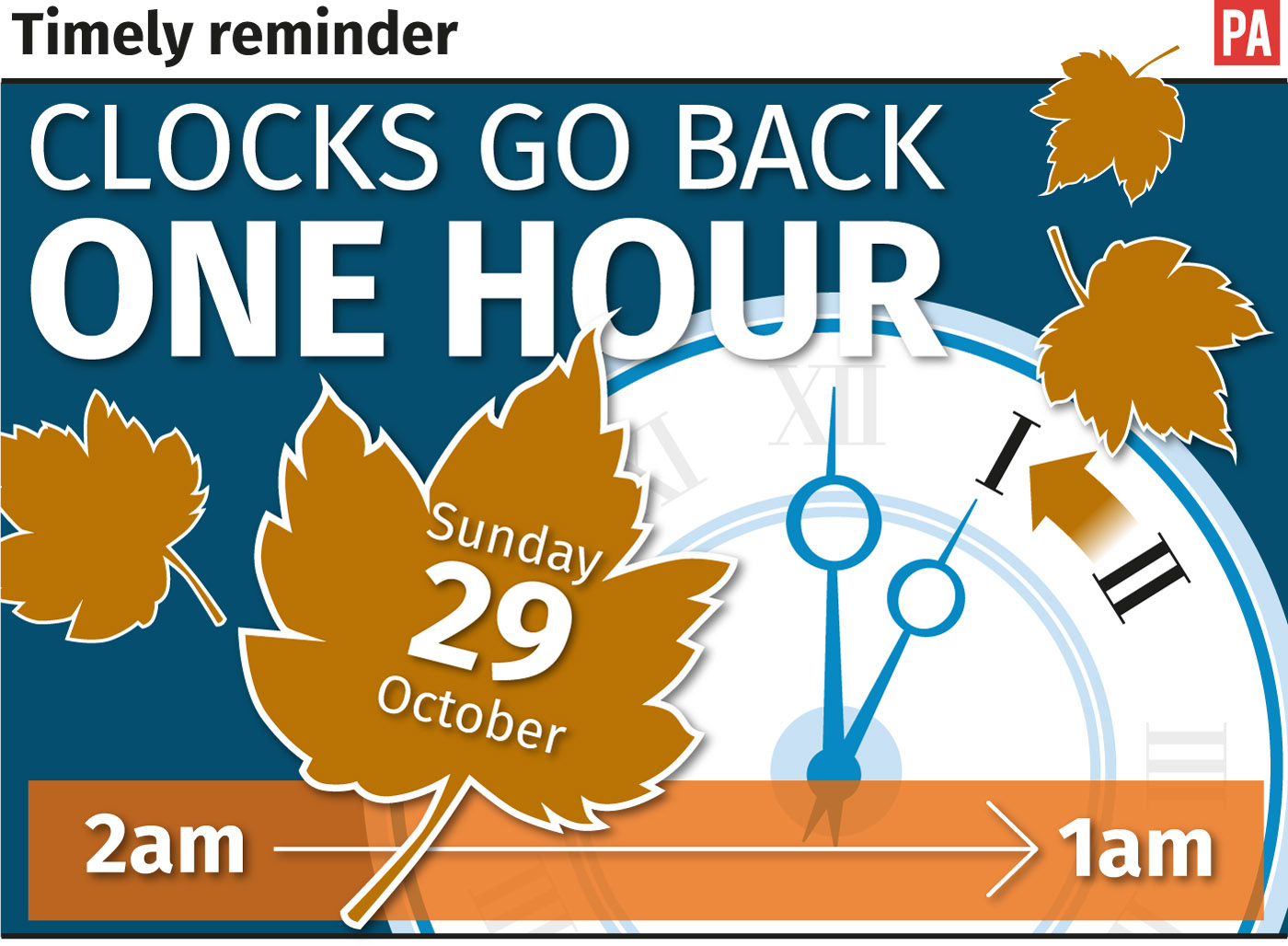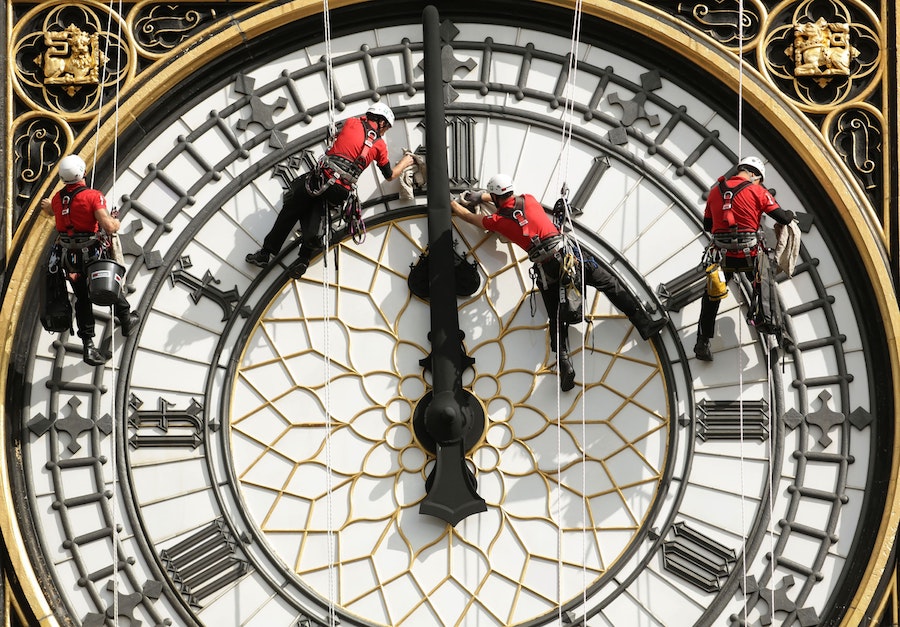These are the benefits of having an extra hour in bed as the clocks go back
Get ready for a cosy morning under the duvet
We will be able to enjoy an extra hour under the duvet on Sunday when the clocks go back at 2am – and health and cognitive bonuses – according to sleep experts.
As Daylight Saving Time ends, we will switch from British Summer Time (BST) to Greenwich Mean Time (GMT), heralding the start of lighter mornings but darker evenings.
But according to Professor Matthew Walker, director of the Centre for Human Sleep Science at Berkeley California, a small boost to our nightly slumber can also improve memory and increase learning capacity.
Prof Walker, who recently published his book Why We Sleep, drawing on 20 years of research and findings from his laboratory, said: “Just 60 to 90 minutes of additional sleep boosts the learning capacity of the brain, significantly increasing memory retention of facts and preventing forgetting.”

In a study published six years ago in Current Biology, Prof Walker, along with a team of other researchers, demonstrated that during a demanding memorising task, test subjects who were allowed extra nap time performed better than those who did not.
They found the brain’s ability to learn was linked to sleep spindles – which are fast pulses of electricity generated during REM (rapid eye movement) sleep, which accounts for 25% of total sleep time in adult humans.
Spindle-rich sleep, which is said to occur in the second half of the night, helps with the brain’s ability to create new memories by “clearing a path to learning”.
But it’s not just about improved brain power.

Experiments conducted in 2013 by the Surrey Sleep Centre and the BBC showed a link between an extra hour in bed and genetic expression that helps protect against illnesses such as diabetes, cancer, inflammation and stress.
Scientists at the centre in Guildford divided the participants into two groups. During the first week, one group slept for six-and-a-half hours a night while the other had seven-and-a-half hours of shut-eye. The volunteers then switched their sleep patterns in the second week.
The researchers found that those who had less sleep struggled with mental agility tasks.
Blood tests revealed that genes associated with processes such as inflammation, immune response and response to stress became more active for those who had less sleep.

The activity of genes associated with heart disease, diabetes and risk of cancer also increased.
They found the reverse happened when the volunteers slept for an extra hour.
Meanwhile, other studies have linked extra sleep time to a lower risk of heart disease.
A 2008 study published in the Journal of the American Medical Association showed that adults who slept for seven hours a night had a lower chance of having calcium deposits in their arteries than adults who had only six hours of sleep.
According to scientists from the University of Chicago, who conducted the five-year research, “the benefit of one hour of additional sleep was comparable to the gains from lowering systolic blood pressure by 17mm Hg”.

Another study, published in 2012 in the Journal of Sleep Research, found that getting an extra hour of sleep significantly improved blood pressure levels among people with hypertension or pre-hypertension.
Daylight Saving Time has also been linked to heart attacks.
In a study published in the British Medical Journal in 2014, physician Amneet Sandhu of the University of Colorado reported a 24% increase in heart attack admissions at hospitals in Michigan from 2010 to 2013 on the Monday after the clocks went forward in spring, when compared with other Mondays throughout the year.
In contrast, they noted a 21% decrease in heart attacks in the same hospitals on the Tuesday after the clocks moved an hour back in autumn.
The extra hour in bed certainly comes in handy following last year’s poll by the Royal Society for Public Health which revealed people in the UK slept an average of 6.8 hours, under-sleeping by about an hour a night.
The Press Association
Latest posts by The Press Association (see all)
- 5 surprising things you can clean in the washing machine - January 9, 2025
- Prince William posted a heartfelt birthday message to ‘most incredible wife and mother’ - January 9, 2025
- Birthday wishes for Catherine from royal family as the Princess of Wales turns 43 - January 9, 2025
- Maple Cinnamon Granola - January 8, 2025
- 8 things your feet can tell you about your health - January 8, 2025





















